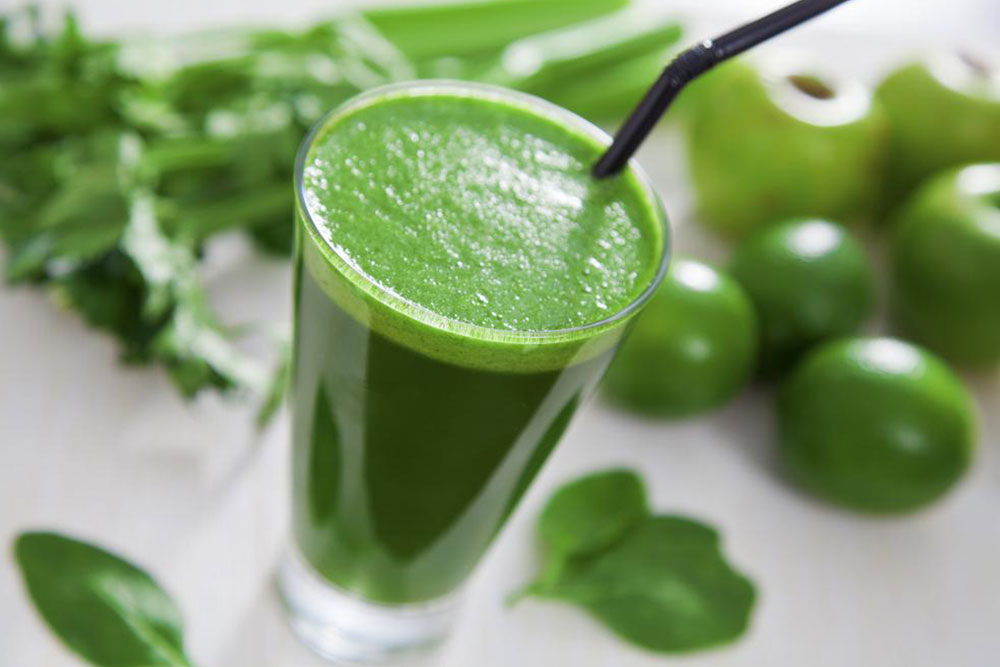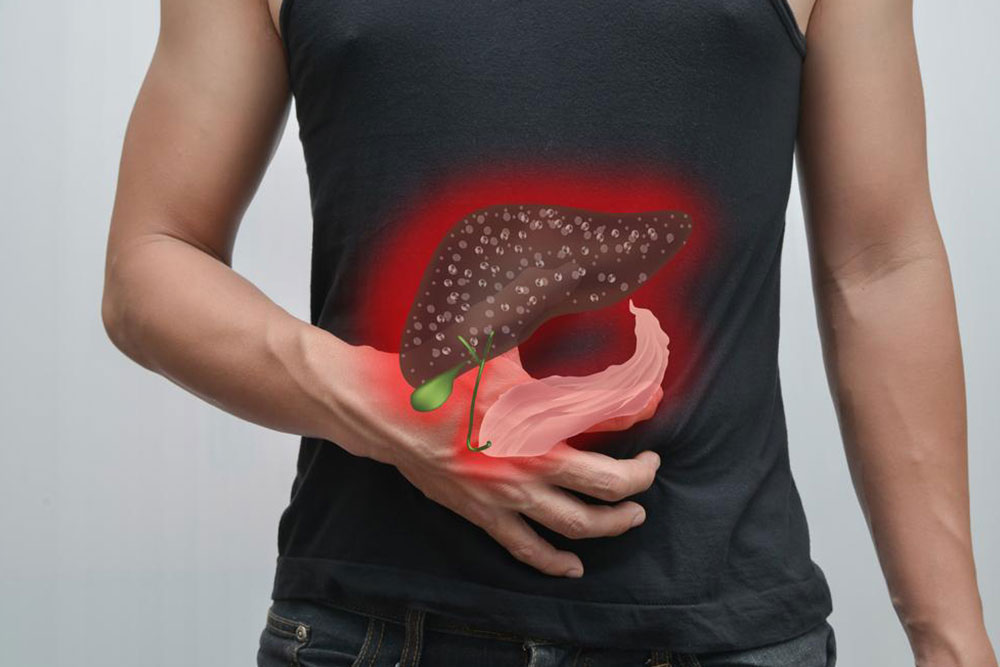Effective Dietary Strategies to Relieve Constipation
Explore effective dietary tips to alleviate constipation naturally. Learn which foods like fruits, vegetables, whole grains, nuts, and seeds promote healthy digestion. Discover the importance of hydration and herbal teas in maintaining regular bowel movements. Implementing these dietary strategies can lead to improved digestive health and overall well-being.

Effective Dietary Strategies to Relieve Constipation
Dietary Approaches for Alleviating Constipation
Constipation happens when bowel movements become hard to pass and infrequent, typically fewer than three times a week. To prevent this, maintaining a balanced diet rich in fiber and drinking plenty of water is essential. Insufficient water and fiber intake are common causes. Symptoms include bloating, dry stools, and difficulty in bowel elimination. Fortunately, adjusting eating habits can effectively treat constipation.
Foods that aid in relieving constipation include:
Fruits
Fruits are high in dietary fiber, which promotes healthy bowel movements. They also provide essential vitamins and nutrients. Examples include kiwi, pineapple, berries, apricots, papaya, figs, peaches, plums, grapes, and pears, all of which support digestion.
Flax Seeds
Rich in fiber, omega-3 fatty acids, and antioxidants, flax seeds facilitate easier bowel movements. They can be added to salads, oatmeal, or smoothies.
Vegetables
Eating vegetables daily ensures a good intake of fiber and vital nutrients like vitamins, calcium, proteins, and fats. Regular vegetable consumption promotes better digestive health.
Scientific studies affirm that fruits and vegetables enhance bodily functions when included consistently in the diet.
Whole Grains
Replacing refined grains like white rice and flour with whole grain alternatives increases fiber intake. Whole grains contain arabinoxylan, a compound that eases constipation and supports weight management, contributing to overall health.
Nuts and Seeds
Almonds, pecans, walnuts, pumpkin seeds, and sesame seeds are fiber-rich. Incorporating them into your diet can lead to noticeable improvements, but moderation is key, as they are calorie-dense.
Consuming warm liquids such as herbal teas, hot water, and clear broths can also improve digestion. Teas like fennel and anise relax the digestive system and promote bowel movements.
In addition, staying well-hydrated is crucial. Water aids in nutrient transport and prevents stool from becoming dry and hard. Proper hydration is vital for optimal organ function and maintaining regular bowel movements.









